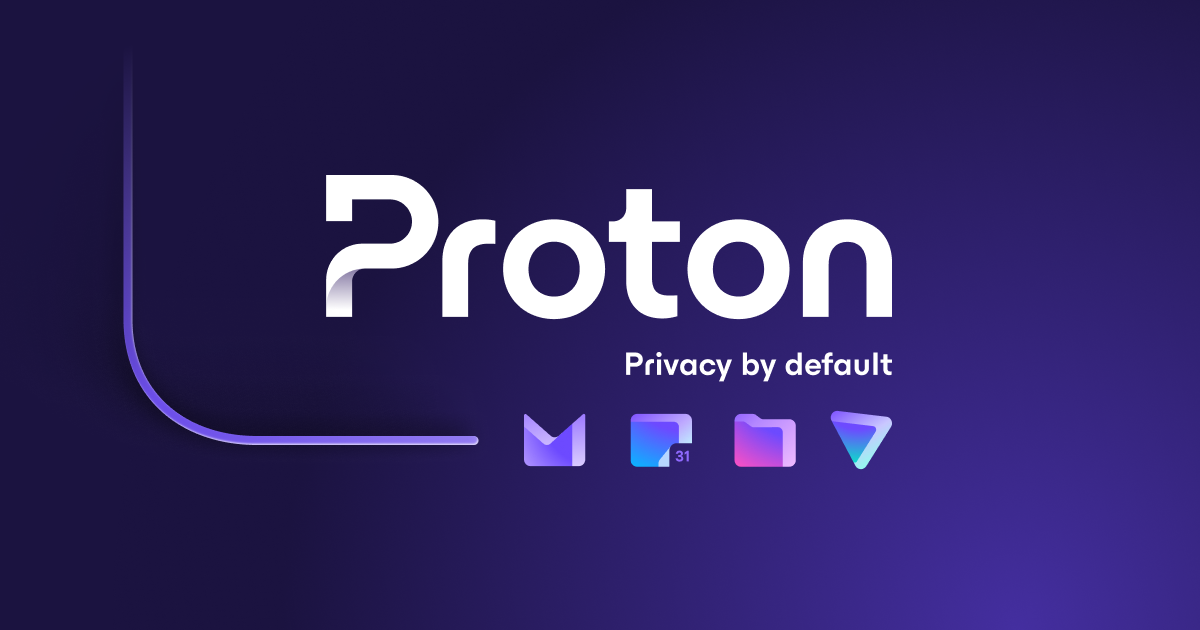



It would be somewhat freeing, I imagine. Though, if you were to go hardcore, quick access to knowledge would be the biggest drawback.
Ditching the enshittified parts would probably be easier. Can do offline maps (or paper), purge social media, and use credible sites for any information you might need to look up.
Arguments like, “Well, why do you have clothes on then?” are not effective, because they aren’t equivalent forms of privacy.
There are a couple pieces of media I like to recommend:
- Targeted by Brittany Kaiser - Kaiser being intimately involved in Cambridge Analytica, it outlines how digital record of user behaviour, traits, and engagement can inform agents to which form of manipulation would be most effective on a given person (psychographic analysis), which can then be used by whomever wanted to exert influence (micro-targeting), whether it be on consumer or political preferences.
- The Great Hack is a documentary adaptation of the above story if someone prefers film over text, but the book has more detail of the methods and examples of when it’s been used in the past (alarmingly many political campaigns).
- The Social Dilemma is another documentary that touches on how exploitation of user data drives issues like addiction, radicalization, and depression on social platforms. Just recently, Meta was found to be feeding increased beauty advertising to girls and women who had recently deleted selfies.
Providing real examples of this exploitation is, in my opinion, a more effective argument for promoting online privacy. It nudges people to think, “maybe it would be better if advertising companies didn’t know about my recent (breakup, miscarriage, job loss, promotion, unplanned pregnancy, debt, car accident, birth of a baby, death in the family, deletion of a selfie…).”


No need to apologize, but it’s good to be aware of the policies of various applications you use and promote.
I use perplexity occasionally myself, aware of the above, so I only do more general searches with it.
I have a self-hosted Perplexica instance I use for anything more sensitive.


Since we’re on c/privacy; from perplexity itself:
What Does Perplexity Do With User Information?
Perplexity:
Collects: Search history, queries, device and location data, browsing activity, and navigational behavior (especially via its new AI-powered browser).
Uses: These data points help personalize results, train their models, improve functionality, and—crucially—build detailed user profiles for targeted ads and marketing.
Potential Risks: Privacy experts warn this data collection may turn users into marketing profiles, similar to surveillance practices seen in other big tech companies. Even actions outside the Perplexity app (via their browser) may be tracked and leveraged.
Transparency and Privacy: Perplexity does not offer strong privacy protections (like end-to-end encryption), and isn’t fully transparent about how all user information is used. Cookies, device fingerprinting, and web beacons may track even non-logged-in users.
Enterprise risks: Businesses using Perplexity’s enterprise tools must be cautious about uploading sensitive data, as it could be used for model training and not always protected from leaks.


No torrent needed, yt-dlp has you covered.


Recent post from the Proton Reddit account: https://archive.ph/quYyb
Seems it’s not just the CEO’s personal opinion.


Intriguing question, I was curious if there were actually options, so asked Perplexity (ai search that provides sources, see link at bottom). Unfortunately, nothing terribly definitive other than Italy, possibly.
While truly anonymous genetic testing is challenging, there are some options outside the US that aim to provide more privacy-focused services:
- In Canada, the Genetic Non-Discrimination Act prohibits anyone from collecting, using, or disclosing genetic test results without written consent. This gives Canadians more control over their genetic information
- Some European companies offer more privacy-oriented testing options. For example, DANTE Labs in Italy emphasizes data protection and allows customers to delete their data at any time
- In the UK, Genomics England runs the 100,000 Genomes Project with strict privacy controls. While not a consumer service, it demonstrates stronger privacy practices.
- Australian company myDNA focuses on pharmacogenomics testing with an emphasis on data privacy and security.
- Swiss company Gene By Gene offers DNA testing with data storage in Switzerland, known for strong privacy laws. However, it’s important to note that no genetic test can be truly anonymous, as DNA is inherently identifiable. To maximize privacy:
- Use a pseudonym and temporary email when ordering
- Pay with a prepaid card
- Avoid linking results to other accounts or sharing on social media
- Carefully read privacy policies and opt out of research/data sharing where possible
Ultimately, genetic privacy requires careful consideration of the risks and benefits, regardless of the testing company’s location.


Would a passcode (different from phone, of course) or biometric unlock for the 2FA app count? For example, I have bitwarden and Aegis, both have fingerprint unlock when opened with a reasonably short timeout. So, even if my phone pin was compromised, both would still require biometric unlock to access.
Yes, it’s a lot of words, but there’s really nothing to keep track of after setup. I just go to my invidious ip rather than youtube.com and it works. There are very good tutorials available if you want to implement these solutions. That’d be a good first step rather than the ‘I’ve tried nothing and am all out of ideas’ approach.
In this case, the someone else is Alphabet megacorp. I wouldn’t waste any concern on them. The content is still hosted by YouTube, just played through the invidious instance.
To do away with all those concerns, you could self-host invidious, or donate to the instance you choose to use if self-hosting is outside of your technical prowess. If you want to support certain creators, donate to them directly instead.
Thanks for the recommendation. I’ll look into transitioning to Aegis. Regarding backups, you are able to have another device in case you lose your phone (I also have Authy on my laptop in case that does happen), but the data breach you mentioned said that may have been a weak point. Either way, I’m going to explore Aegis now.
If your issue is with the authenticator, then why not just switch authenticators? I’ve been quite happy with Authy over the years.
Sure, self hosting can be more secure, but if it’s not on your own hardware, I don’t see how moving to render is better. You’re still using a third party to host your most sensitive information.
I was actually quite interested in something like this in high school in the late 2000s. There were a few DIY EVs that existed that were just ICE vehicles with anything ICE taken out, an electric motor put in the engine’s place, and several 12v batteries connected in series.
Of course, they’re pretty crude compared to those we have today, but it’s very possible.


It seems OP was attempting to move several addresses. Several sign ups from one source is probably an uncommon practice for typical users.